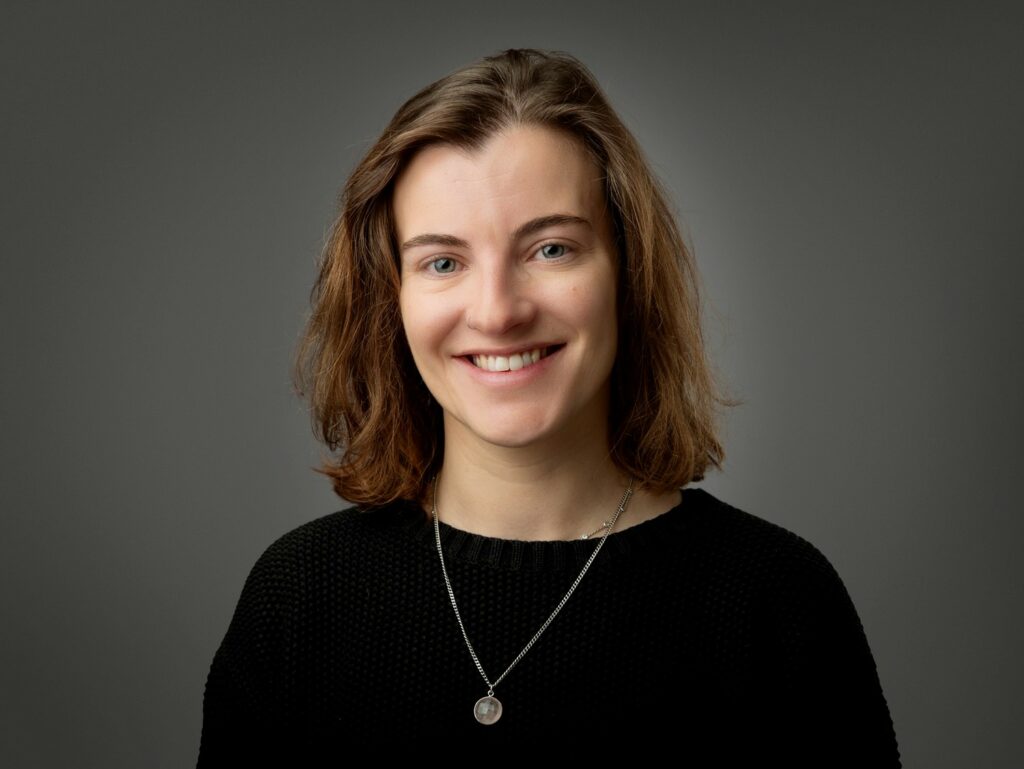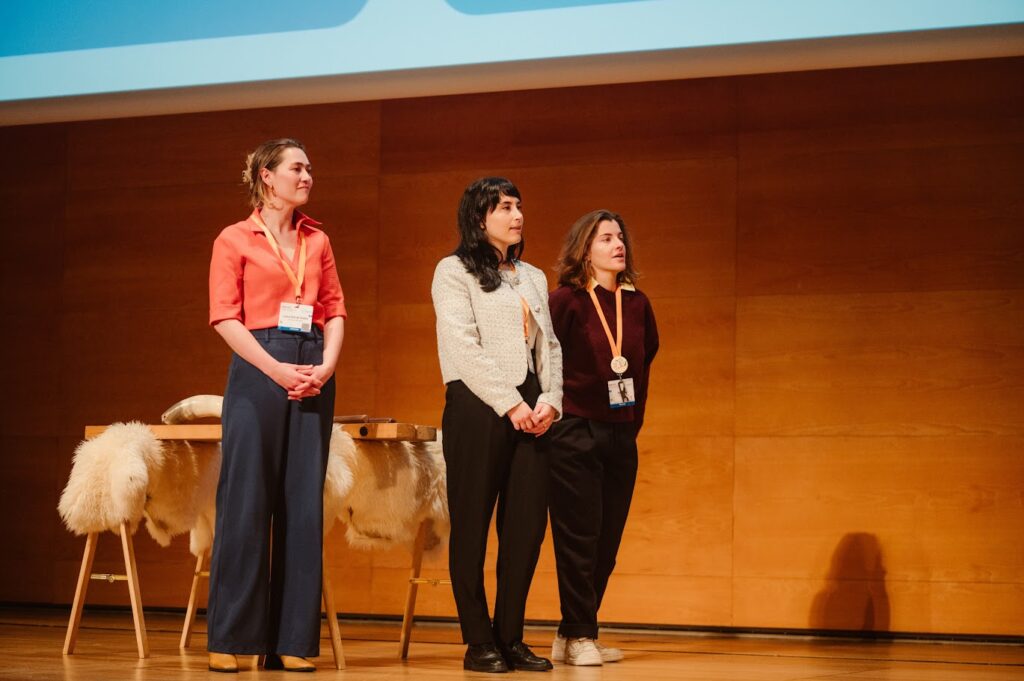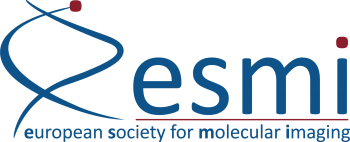And the winner is…
Rita Gil, Lisbon
Unravelling spatiotemporal mechanisms of rodent visual function via advanced magnetic resonance imaging. From illusion encoding to new contrast mechanisms
The committee was highly impressed by the breadth and innovation of Rita Gil’s PhD thesis. Rita pioneered a new concept of ultrafast fMRI, which she applied to explore the visual system in ways previously unattainable by other methods. Furthermore, Rita developed an optogenetic setup for optical imaging in brain slices to investigate the origins of diffusion-fMRI signals, showcasing her exceptional contributions to the field.”
PhD Award Committee 2024

Rita completed her Master’s in Biomedical Engineering in 2015 and joined the Preclinical MRI Lab at the Champalimaud Foundation in Lisbon as a research technician. In 2017, she began her PhD under the supervision of Dr. Noam Shemesh, focusing on the BOLD contrast mechanism and its relationship with neural activity.
During her PhD Rita also explored novel non-BOLD contrasts capable of reporting neuromorphological coupling, rather than neurovascular coupling, providing new insights into brain activity under physiologically compromised conditions. To achieve this, she employed advanced functional MRI techniques, including ultrafast acquisitions and multimodal approaches that integrated functional MRI signals with behavioral and electrophysiological measurements.
– CONGRATULATIONS, RITA!
“Rita is an amazing, outstanding, and extraordinary PhD student (now post-doc). When she sets her mind to something, she persists and perseveres and finds a way no matter how difficult the challenge. A great experimentalist, Rita has “hands of gold” – making even the most difficult experiments work… she has become quite legendary in my Lab. She is not only a great MR experimentalist, with deep understanding of its signals, capacity to write and adapt pulse sequences, and design the experiments validating them, but she is also a great biologist and neuroscientist, able to tackle some highly tricky experiments that involve advanced biology.”
Noam Shemesh – PhD Supervisor
runners-up

All in all 26 impressive applications were submitted. Only three of these made it to the final evaluation stage. After an intensive reviewing process, the Committee considered the winner-thesis as more ground-breaking and the impact to the imaging science community as more relevant. Nevertheless, the outstanding work of the two runners-up certainly deserves to be acknowledged in a dedicated webinar series – congratulations to Laura and Federica.
- Laura Kist de Ruijter, Groningen
Clinical insights into the efficacy of immune checkpoint inhibitors in patients with cancer: studies on molecular imaging and the gut microbiome
- Federica De Lorenzi, Aachen
Exploring the Tumor Microenvironment of Triple-Negative Breast Cancer for Developing Drug Delivery Strategies and in Vitro Vascularized Tumor Models
PhD Award Committee 2024
- Wolfgang Weber – Munich (Chair)
- Uwe Himmelreich – Leuven (Co-Chair)
- Amnon Bar-Shir – Rehovot, Israel
- Nick Devoogdt – Brussels, Belgium
- Jan Grimm – New York
- Adriana Tavares – Edinburgh
- Rafael Torres Martin De Rosales – London
- Giannis Zacharakis – Heraklion
